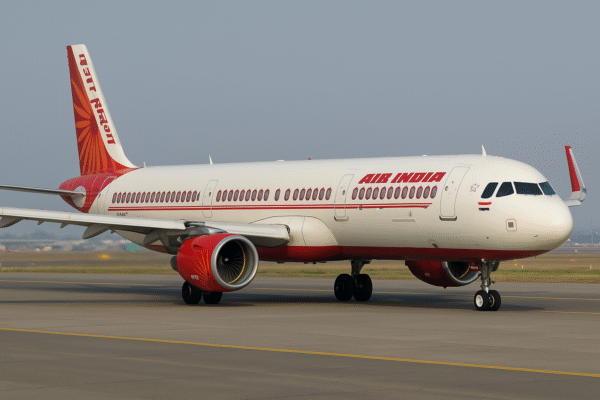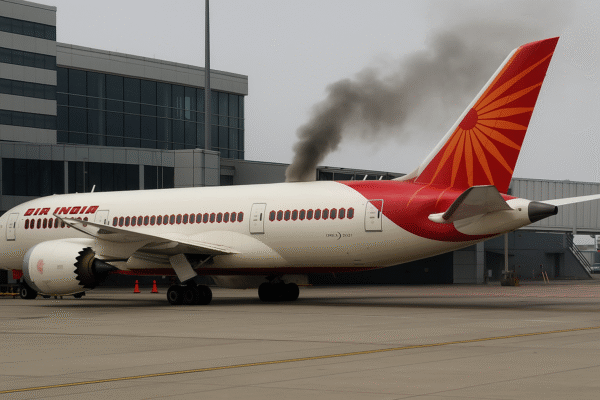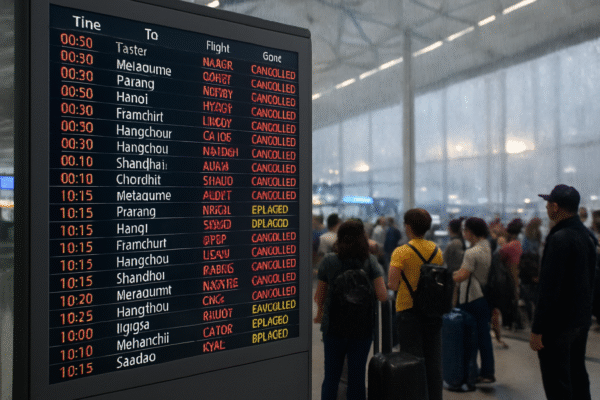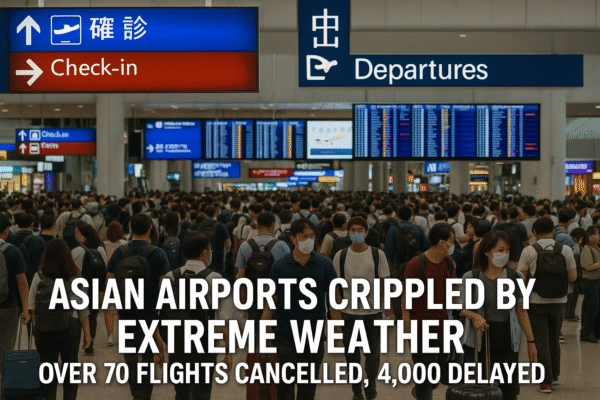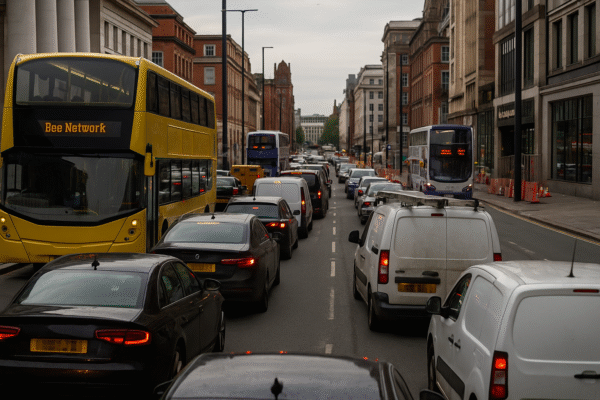Manchester City Centre Gridlock Exposes Urban Transport Strain Amid Roadworks and Closures
On Tuesday, July 22, 2025, Manchester city centre came to a standstill as severe traffic congestion overwhelmed key arteries including Oxford Road, Portland Street, and St Peter’s Square. Commuters, taxi drivers, and bus passengers were left stranded during peak hours, with many reporting delays lasting over 30 minutes.
Eyewitnesses described the situation as “gridlock,” as footage showed immobilised traffic queues extending for blocks across the core of the city. Transport for Greater Manchester (TfGM) cited ongoing infrastructure upgrades and temporary road closures as the principal reasons behind the widespread disruption.
Roadworks Intensify Manchester’s Traffic Woes
Oxford Road—one of Manchester’s busiest transport corridors—is currently undergoing essential maintenance aimed at long-term improvement of road quality and public transport accessibility. However, the lane reductions and temporary closures triggered significant tailbacks, especially during rush hour.
According to TfGM, the works are part of a broader road modernisation strategy that includes resurfacing, utility upgrades, and enhanced bus and cycle infrastructure. These efforts, while critical, have created choke points in a city already challenged by dense vehicular traffic and a growing population of commuters.
Manchester City Council has acknowledged the disruption but stressed the necessity of these improvements as part of the City Centre Transport Strategy 2040, which aims to prioritise sustainable transport modes and reduce car dependency.
Public Transport Disruption and TfGM’s Response
The congestion did not only affect motorists. Bus services operated by the Bee Network faced significant delays, with some routes experiencing halts of up to 30 minutes. In response, TfGM activated an emergency mitigation plan that included cross-modal ticket acceptance—allowing bus ticket holders to travel on the Metrolink tram network without additional cost.
This temporary measure is designed to reduce commuter frustration and help maintain mobility across the network. However, passengers are still required to show valid bus tickets to Metrolink inspectors when requested.
Commuters took to social media to vent their frustration, with some calling for more proactive planning from local authorities to prevent such crises during known peak travel periods and event weeks.
Road Closures and Upcoming Disruptions
The traffic turmoil was further aggravated by temporary closures of critical routes, including both directions of Oxford Road between Grosvenor Street and Charles Street. The closure forms part of a phased implementation plan to rebuild urban streetscapes and better integrate active transportation options.
Looking ahead, further congestion is expected around the weekend of Sunday, July 26, 2025, when the Great Manchester Run will see road closures in areas such as Portland Street and St Peter’s Square. These closures are essential for public safety during the event but will pose additional challenges for motorists and public transport users navigating the city.
Motorists are being urged by Manchester City Council to avoid non-essential trips into the city centre during these periods and to plan alternate routes well in advance.
Advice for Commuters and Travellers
In light of ongoing disruptions, TfGM has issued the following guidance to help commuters navigate Manchester during this critical period:
- Check Real-Time Travel Updates: Visit TfGM’s official website or follow their social channels for live updates on delays, detours, and service interruptions.
- Use Alternative Routes: Consider avoiding the city centre by taking ring road diversions or using park-and-ride facilities.
- Switch to Public Transport: Despite delays, Metrolink trams may provide faster access across the city than gridlocked roads.
- Allow Extra Time: Account for delays, especially if travelling to scheduled appointments or events.
- Stay Informed About Event Closures: Review Manchester City Council’s event calendar for any scheduled activities that may involve road closures.
Future Outlook: Building a Smarter, Greener City
Though inconvenient, the current traffic situation is part of Manchester’s broader vision to build a cleaner, more connected urban environment. The City Centre Transport Strategy, a joint effort by TfGM and Manchester City Council, is designed to cut down central car trips by 50% by 2040. The plan promotes investment in tram networks, expanded cycling lanes, and pedestrian-friendly streets.
Once completed, the infrastructure projects currently under way are expected to reduce congestion, shorten travel times, and improve air quality across Greater Manchester.
According to TfGM’s 2025-2026 transport outlook, additional investments will focus on increasing tram capacity, deploying smart traffic signal systems, and expanding the Bee Network to integrate buses, trains, and active travel routes.
Conclusion: Navigating a City in Transition
The gridlock of July 22, 2025, serves as a clear indication of the strain placed on Manchester’s ageing infrastructure amid an ambitious transformation agenda. While frustrating for residents and visitors alike, the disruptions reflect a necessary period of adaptation as the city builds a more sustainable, multi-modal transport future.
Commuters are advised to stay engaged with updates from TfGM and Manchester City Council and make use of flexible travel options wherever possible.
The road to a better-connected Manchester may be long—but with strategic planning and public cooperation, the future holds promise for a more efficient, environmentally-friendly city.
For more travel news like this, keep reading Global Travel Wire




